MISSION
« Generation Alpha » is defined as children born between 2010 and 2024.
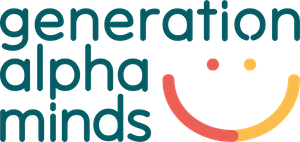
Non-profit organization dedicated to :
- Developing and scientifically validating programs to promote children’s resilience and mental health in vulnerable communities.
- Raising awareness about adverse childhood experiences and their health and intergenerational risks.
The mental health and well-being of the alpha generation will have a crucial impact on society and the future of life on our planet.
WHY GENERATION ALPHA MINDS?
Because we recognize the importance of mental health and wellbeing in the generation alpha kids.
- Generation alpha kids are true digital beings in an increasingly stressful world, which is a risk factor for their emotional and social development.
- Uncertainty, stress, anxiety and depression are now on an unprecedented scale in children and adolescents, with alarming trends in mental health. Generation alpha kids are unprecedently exposed to increased screen time, social networks and eco-anxiety. In addition, they are impacted by their families’ and educators’ stress, caused by socioeconomic and environmental challenges such as social inequalities, systemic racism, war, gun violence, discrimination, or a global pandemic.
- Currently, around one in four adolescents meet the criteria for having a serious mental illness. Data shows that adolescents meeting this criteria increased by more than 20 % in the last five years.
- A large number of generation alpha children are also exposed to negative childhood experiences, such as maltreatment, abuse and neglect, which are widespread throughout the world. Statistics reveal that one in seven children is subjected to more than four adverse childhood experiences, which are associated with significant long-term physical, mental and behavioral risks.
WHY NOW?
Currently, around one in four adolescents meet the criteria for having a serious mental illness. Data shows that adolescents meeting this criteria increased by more than 20 % in the last five years. When they will all be born, there will be almost 2 billion of them, the largest generation in the history of the world.

The mental health and well-being of the generation alpha will have a crucial impact on society and the future of life on our planet.
WHAT ARE ACEs?
Adverse Childhood Experiences (ACEs) are the biggest unaddressed public health threat today.
Adverse Childhood Experiences (ACEs) are potentially traumatic events that occur during childhood or adolescence. ACEs include experiencing violence, abuse, or neglect, witnessing violence in the home or community, growing up in a household with substance use problems, mental health problems or instability due to parental separation or incarceration. Other adversities are sufering bullying, cyberviolence, natural disasters, all forms of violence and discrimination. Research reveals that one out of seven people report having suffered 4 or more ACEs. Researchers identified a link between ACE exposure and a higher likelihood of negative health and behavioral outcomes later in life, such as suicide, depression, drug abuse, heart disease, diabetes and premature death. Some of the strongest associated effects of multiple ACEs (e.g. violent behavior and addiction) increase the risk of ACEs across generations through intergenerational transmission of maltreatment and neglect.
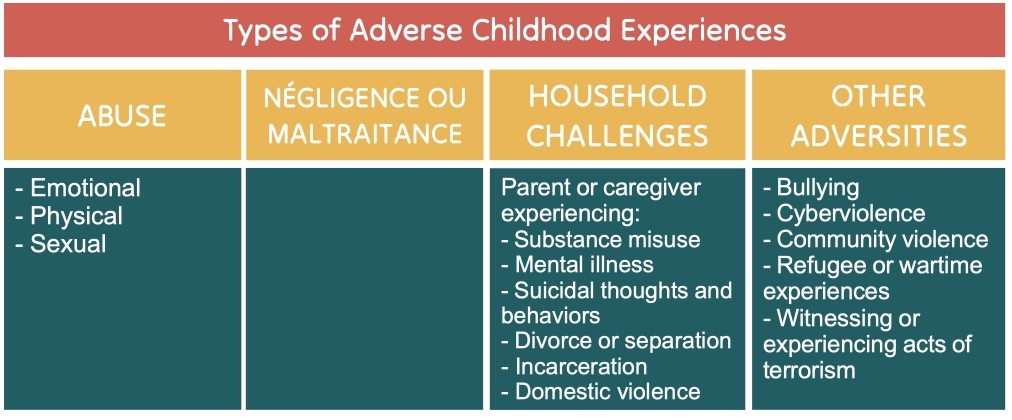

Let’s help Generation Alpha to be part of the movement towards a healthier, happier, wiser, sustainable and environmentally conscious future.

PEOPLE
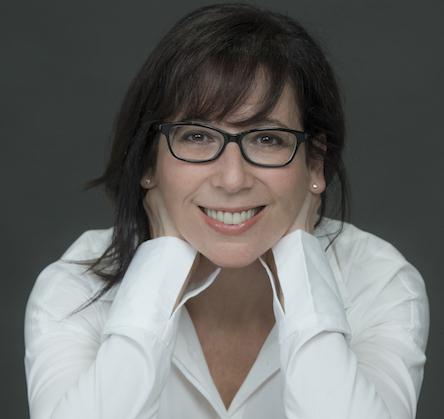
Perla Kaliman
PhD in Biochemistry associate professor at the Universitat Oberta de Catalunya (UOC, Spain), Honorary Research Fellow at the Center for Healthy Minds (University of Madison Wisconsin. Her research includes the impact of meditation practices on cell ageing, inflammation, and epigenetics and the development of multimodal programs for health promotion in children and adolescents exposed to adverse childhood experiences.
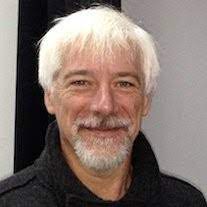
Jean-Luc Coll
Ph.D. degree in Genetics, Immunology and Differentiation. Director of Research INSERM-UGA U1209, CNRS UMR5309, Institute for Advanced Biosciences, Grenoble, France. Membre du Conseil scientifique de la Fondation ARC pour la recherche sur le cancer. Extraordinary Professor, University of Pretoria, South Africa
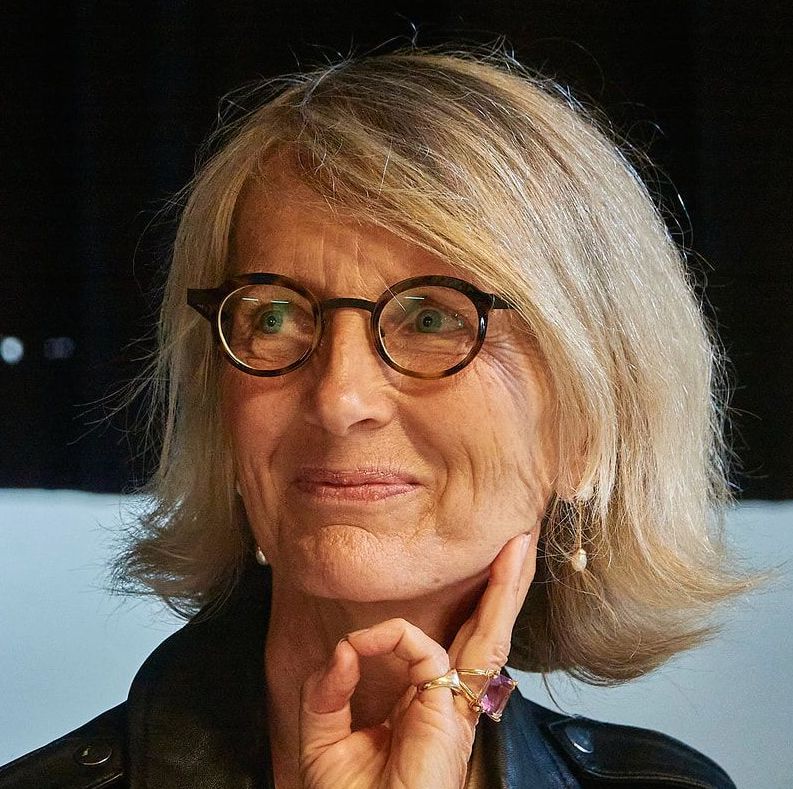
Anne-France Arnoux Saugnac
International business lawyer, expert in governance, ethics, risk management, social and environmental responsibility. Mindfulness-based Stress Reduction (MBSR) and Mindfulness based compassion living (MBCL) Instructor. She trained in mindfulness at the Center for Mindfulness, a medical center of the University of Massachusetts, USA. Graduated from DU Médecine Méditation et Neurosciences. She is the author of “Coaching organisations with Mindfulness & Coaching and meditation”.
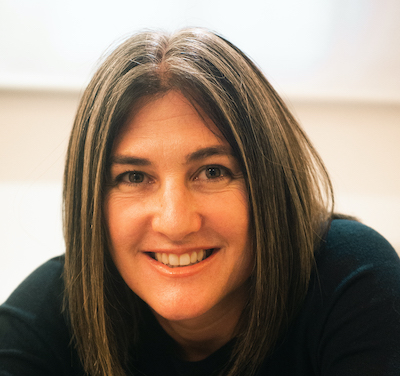
Marina Lisenberg
Psychologist and certified coach and family therapist. Certified at the Center for Mindfulness, University of Massachusetts, USA. She is the academic director of the Diploma in Mindfulness at the University of Belgrano, Buenos Aires, Argentina. She is the author of “El secreto de Emilia. Mindfulness para niños y niñas” (Sudamericana, 2017) and “Atención plena para niños y adolescentes” (Grijalbo, 2021).
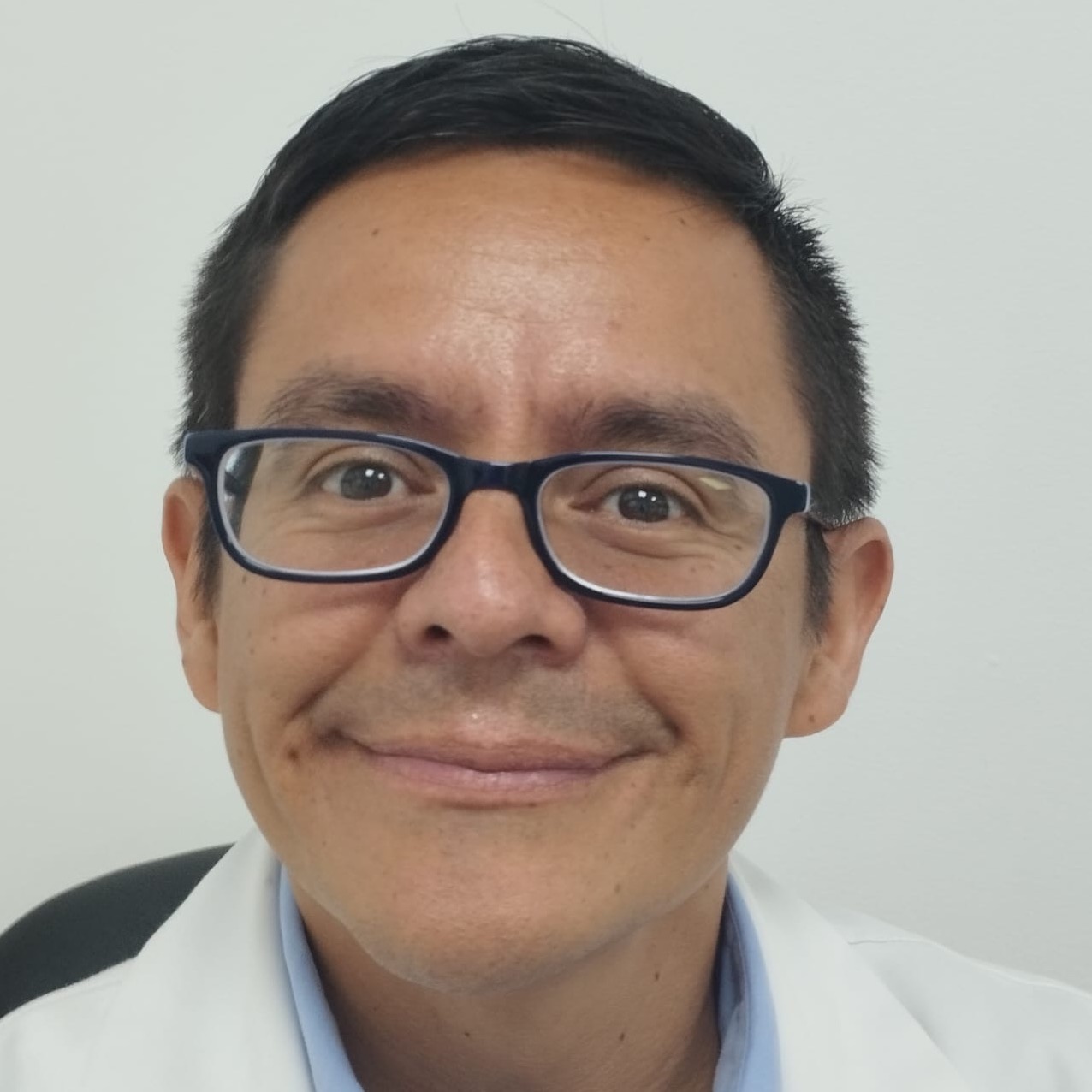
Elkin Llanez-Anaya
M.D. Psychiatrist, EMDR therapist. Certified mindfulness instructor by Oxford Mindfulness Centre. Certified mindfulness children and adolescent trainer. Director of the Mindfulness Foundation, Colombia. Professor at the University of Santander, Colombia.

